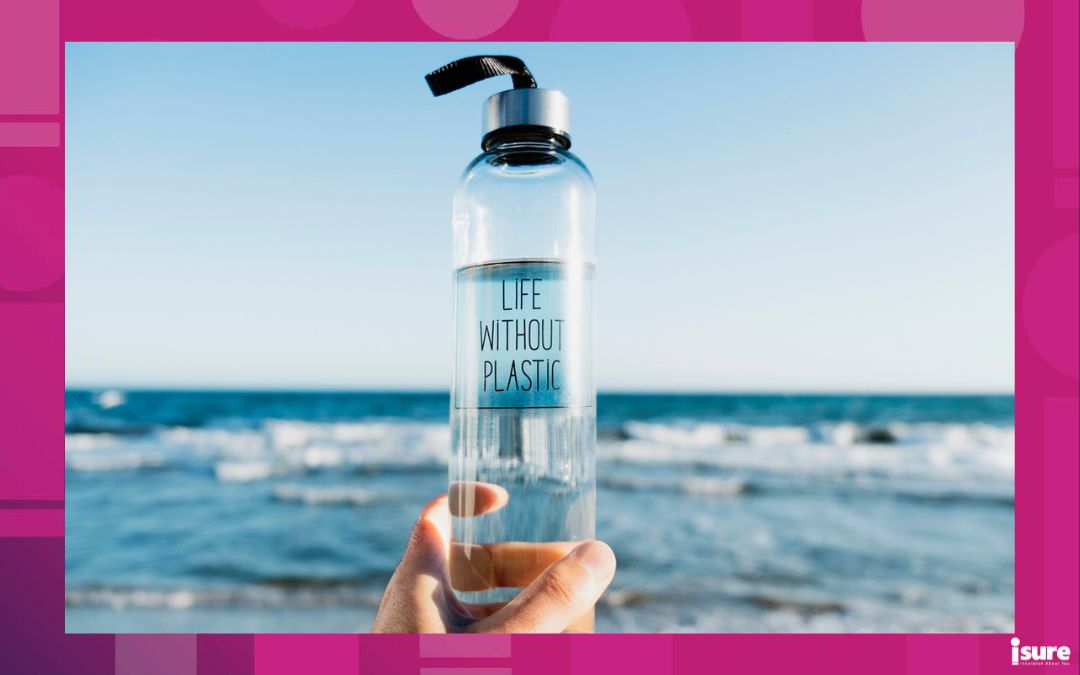Are you a contractor, worker in construction or manufacturing? Do you own commercial property that can be an environmental risk, such as a gas station? Chances are you may be working with heavy machinery, chemicals, or on land that has the potential to harm the environment. Once a niche market, pollution liability coverage is becoming a must-have in the construction and manufacturing industries for commercial property owners that face the risk of spills and potential damage to the environment. And your Common General Liability (CGL) coverage probably doesn’t cover this. It’s important to consider your environmental impact when purchasing pollution liability coverage and understand what exactly is and isn’t covered under your CGL policy.
What is pollution liability?
You may have exposure to pollution liability if your business is considered legally responsible for an incident of pollution. A wide number of contractors are susceptible to this because most contracting firms handle potential pollutants every day. Some examples of businesses susceptible to claims are:
- Construction/renovation firms
- Paving companies
- Demolition companies
- Excavation firms
- Landscaping companies
- Plumbing industry
- HVAC installation companies
- Commercial cleaning companies
Pollution Liability Insurance protects your company for potential damages from the equipment or materials that you work with. Therefore, without this coverage, a minor disaster can be the beginning of the end for your business. This is especially true when it comes to environmental restoration and other municipal lawsuits.
What is the difference between a CGL policy and Pollution Liability Insurance?
A Common General Liability policy is the foundation of insurance for construction workers, contractors and manufacturers. It protects your business from third-party claims for bodily injury or property damage. Additionally, CGL ensures you have protection while work is being done and after it is complete. However, most CGL policies are not made for complex environmental issues and do not protect against pollution claims. This is often known as “absolute pollution exclusion” and there are a couple of exceptions. As a contractor, you may have coverage if the environmental contamination causes bodily injury or the property damage has coverage under the CGL policy. You may even have coverage if the environmental damage happens during the complete operations period. However, some insurers provide limits on pollution coverage under the CGL policy if there is a “sudden and accidental” event.
Pollution Liability claims
In Canada, pollution liability claims can cost a company well over $100,000. This is because incidents of pollution come with costs for cleanup, emergency response, and treatment for harmed individuals. Pollution can come in many forms: solid, liquid, gas, or energy, and can happen suddenly or gradually.
According to contractorinsurance.ca, there are 12 main categories of pollution liability claims and specific industries that associate with it:
- Storage tank leaks – excavation work
- Struck natural gas lines – excavation
- Spills/accidents during transport – demolition, paving, construction
- Leaks from machinery – construction
- Herbicides, pesticides, and fertilizers – landscaping
- Asphalt and tack coat issues – construction, paving
- Asbestos – demolition
- Dust – construction, renovation, demolition
- Project site run-offs – construction
- Mould – plumbing, construction, renovation
- Legionella – plumbing, HVAC installation
- Noise – demolition, excavation, construction
This limited coverage leaves many areas where you don’t have protection. That’s why Pollution Liability Insurance is an important addition to your CGL policy.
It generally covers:
- Sudden and accidental or gradual pollution events.
- On-site and off-site bodily injury, property damage, and clean-up costs related to pollution conditions.
- Mould, asbestos, and fungi coverage. Demolition operations are particularly vulnerable to the accidental spreading of asbestos.
- Business Interruption related to pollution, such as any delay costs.
- Civil fines and punitive damages in the definition of loss.
The amount of payout that Pollution Liability Insurance provides depends on the set deductibles of the policy, as well as the coverage limit.
Contractors’ PLI
Contractors Pollution Liability is an insurance solution specifically for contractors on a practice, project, or excess basis. As a result, this coverage can be obtained for direct damage or third-party environmental damage. Additionally, you can buy it to cover clean up from pollution conditions resulting from the performance of work.
Is Environmental Impairment Liability the same as Pollution Liability?
Environmental Impairment Liability insurance (EIL), which is essentially the same as Pollution Legal Liability (PLL) and Site/Premises coverage, covers liabilities related to environmental harm or pollution.
PLI for property owners
Even if you’re not in the construction or manufacturing industries, Pollution Liability coverage may come in handy. You should conduct an environmental site assessment and provide it to your insurer to customize your coverage if:
- You’re a commercial property owner of land that might be environmentally risky, such as a gas station or near old railroad tracks).
- You own property near “sensitive environmental receptors”, such as rivers or wetlands).
- You may have an operation that seems to have “low-key” face risks. Bakeries and fast food restaurants that have tanks of vegetable oil on-site need to have plans in place to contain, and safely remove, the oil to avoid spills.
The key to avoiding unnecessary costs and harm to the environment is to work with an isure broker. We can help you identify and understand your specific risks to find appropriate coverage solutions. Contact us at isure to discuss your CGL and Pollution Liability coverage today. At isure, our brokers understand the risks that come along with your trade and can tailor your PLI for better coverage. If you’re interested to learn more about isure’s unique suit of insurance solutions for contractor and builders, click here.




